Issue 82 : 30 May 2021
Talofa Lava, Kia Orana, Malo E Leilei, Tena Koutou, Hello ...
... and welcome to the latest issue of “For The Love Of The Game”, the official e-zine of the New Zealand Amateur Sport Association Inc.
If you have any feedback on this issue, ideas for future articles, or would like to contact the Editor, please click here. And, you are invited to forward the e-zine to others you know, who may be interested in reading it. An archive of earlier editions of the e-zine can be found here. For those who follow Twitter, you can also follow the Association, @AmateurSportNZ.
If you are interested in applying for membership of the Association, please click here.
Submission Lodged On Bill No. 15-1 To Parliament 53 ...
On 20 May, the Association lodged its submission on the Incorporated Societies Bill 2021 to Parliament’s Economic Development, Science and Innovation Committee. The Association fears that this legislation may (if passed) become known as "the law of unintended consequences", in terms of its potential impact on the viability of many community sport organisations (CSOs) and has made seven recommendations to the Committee.

(The new Bill may shatter an already fragile regulatory compliance framework for CSOs)
In particular, the Association believes that the Bill (as currently drafted) is likely to: a. accelerate the voluntary and involuntary dissolution of CSOs; b. impair the recruitment of volunteers to govern and administer CSOs; c. reduce the ability of CSOs to deliver the physical and social benefits of organised amateur sport in local communities; and d. decrease the overall level of participation in CSOs nationally.
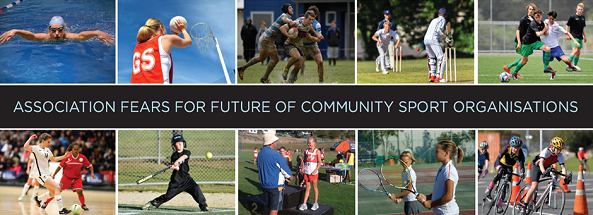
You can download a copy of the Association’s submission, by clicking here.
Meanwhile, Club Dissolutions Continue Apace ...
34% of the incorporated societies dissolved by the Registrar on Thursday last week, were community sport organisations (44 clubs and one regional sporting body, in total). Football, Tennis, Rugby (both Union and League), Netball and Golf all featured in the list of dissolutions. The Association notes that many (probably most) of these entities are totally unaware they are no longer incorporated and are continuing to operate regardless.
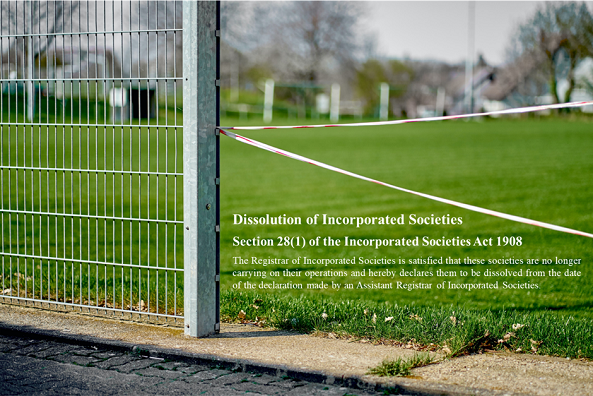
Among those dissolved (but still operating) are: the Naenae Bowling Club; the Island Bay United Football Club; the Onga Onga Golf Club; Otago Rugby League; and the Waikanae Rugby Football Club. As was outlined in the Association’s submission to Parliament, upon dissolution, liability and responsibility passes to all office holders personally, with the heightened risk of Officers becoming subject to criminal and/or civil prosecution for “holding out to be an incorporated society”, when in fact they are not,
Viewpoint : Income Inequality Explains Decline In Youth Sports ...
A study undertaken in the United States has revealed that while youth participation in organised amateur sport is steadily declining, among richer families, participation is actually rising. The study found that just 34% of children from families earning less than US$25,000 played a team sport at least one day in 2017, versus 69% from homes earning more than US$100,000. Mark Hyman, Director of the Shirley Povich Center for Sports Journalism at Merrill College of Journalism at the University of Maryland, suggests the ongoing growth of elite competitions for youth is to blame. “We no longer value participation. We value excellence”, he says.
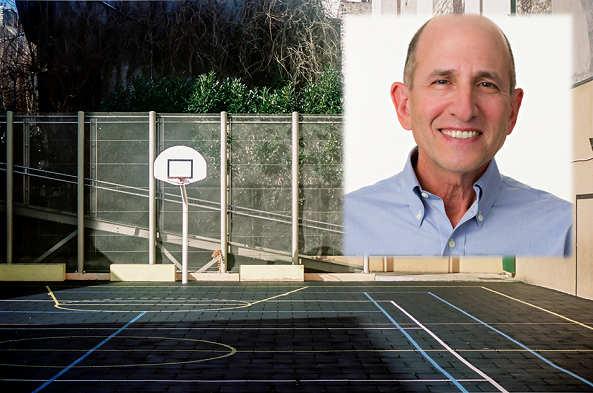
(Dr. Mark Hyman has written widely on issues affecting youth sport participation)
In New Zealand, while an equivalent study is not available, there are increasing fears that cost is driving youth from many low income families away from joining their local community sport organisation. Once subscriptions (to pay for club facilities) and purchase of playing gear (at minimum, the appropriate footwear and safety equipment for the sport), the cost-to-play is likely to well-exceed $100 per child. With many clubs also offering training-tops, hoodies, jackets and beanies at a price, the financial pressure on some families will be simply too high to have their children participate.
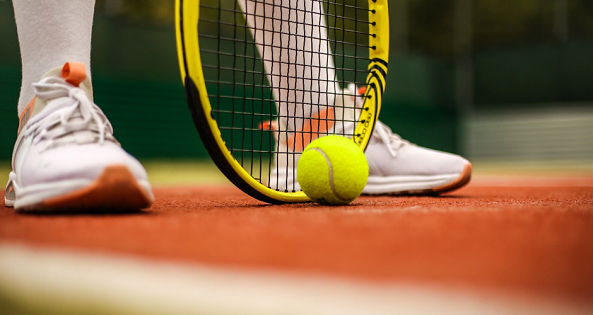
(“Tennis anyone?” $140 membership fees, $50 racquet, $80 tennis shoes = $270 to play)
So, what should be done?
While the 2021 Government budget has placed more cash in the pockets of those on low incomes, there is no guarantee that this move will encourage families to enrol their children at a local community sport club. For some reason, there seems a lack of political will to replicate the successful Australian state-wide system of a universal grant to families for the purposes of their children joining a local sport club. Is this because clubs are no longer seen by the Government as an essential method of delivering sport to local communities?
The Association believes It’s time for some common sense to prevail. Sport delivered by community sport organisations is the social glue delivering physical and mental well-being for all New Zealanders. Without the financial membership of children, from all backgrounds, our community sport clubs will not have a future.
You can read more, here.
“Fast & Furious” – NZ’s Last Purely Amateur National Rugby Contest …
Rule 7.1.5 of the New Zealand Barbarians Under 85kg Club Cup national competition stipulates that eligible players cannot be “a party to a Provincial Union Contract or Provincial Union Development Contract on the day of [a] Competition match”, making rugby union’s newest national competition the last fully national amateur rugby competition for males in New Zealand. With the weight restriction strictly enforced, games are played at a “fast and furious” pace, with play often moving from one end of the field to the other, with less of the turgid forward-dominated patterns now typical in many open-weight grades of the sport.
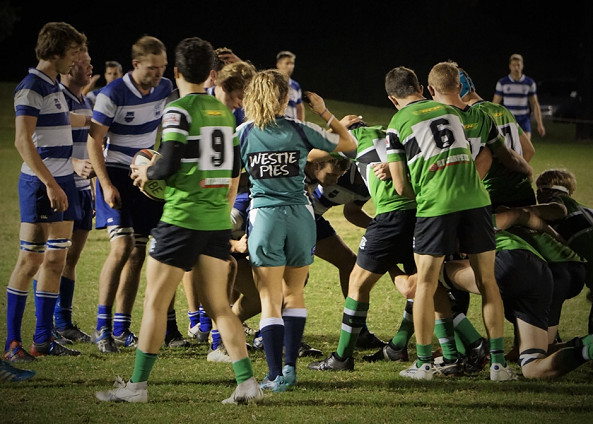
(Auckland University defeated Kumeu in their Round 1 national knock-out match)
Inaugurated last year, based on the strength of the weight-restricted game in the Auckland region, in 2021 the competition now comprises 45 teams, with 30 of the teams from the Northern Region while there are only four from the whole of the South Island. With three teams registered in the competition, the Auckland University Rugby Football Club has the largest single representation, with all three teams having progressed to Round 2 of the competition. In a knock-out match played at Colin Maiden Park in Auckland last week, the Auckland University Debt Collectors saw off the challenge of a determined Kumeu Rugby Football Club team by 46 points to 7, despite trailing by 5 points to 7 at half-time.
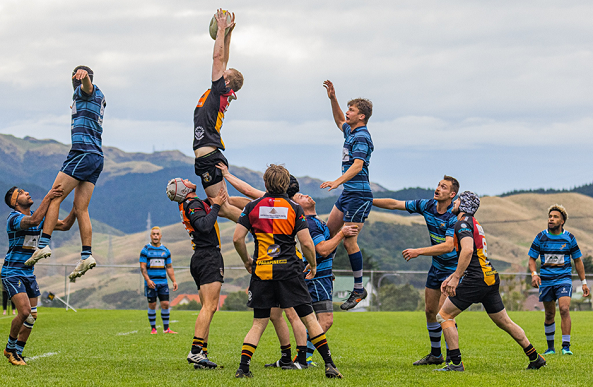
(Wellington's Johnsonville RFC and Upper Hutt RFC are both Central Region contenders)
Celebrating Community Sport’s High-Achievers ...
The Hutt Valley Sports Awards are reported to be New Zealand’s largest regional sports awards, with last Thursday’s event hosting 1,400 people at Walter Nash Stadium in Lower Hutt. At the award ceremony, Niniwa (Nin) Roberts was inducted as a Sporting Legend for the Hutt Valley. A double-Olympian for hockey, Roberts grew up in Wainuiomata, played 141 games for the Black Sticks, attended two Olympic Games and one Commonwealth Games, and is widely regarded as one of New Zealand’s best hockey players.

(Niniwa Roberts, centre, was inducted as a Legend of Hutt Valley Sport last week)
While recognising high achievement at the international level, a feature of the Hutt Valley Sports Awards is the acknowledgment of the role of grassroots participation by passionate sportspeople, which in many ways is the primary focus of the event and perhaps also helps explain its widespread and growing popularity. Awards for sport administration, youth volunteers and officials, all at the amateur level give credit where it is most due – to those who make sport available and enjoyable for local people week-in and week-out.
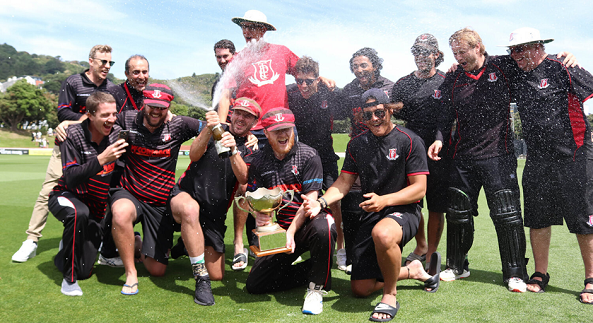
(The Taita District Cricket Club's Premier side were awarded "Team of the Year")
Another feature of the 2021 ceremony was the “Team of the Year” award, won by the Taita District Cricket Club, which won the 2020/21 Ewen Chatfield Trophy (one-day competition) and Division 2 of the Hutt Valley T20 competition, as well as making the final of the Pearce Cup. As one club supporter notes, “I could not be more proud of the work that these young men have put in for our sport and our community.”
"Pride in your community” – the essence of amateur sport!
National Sport Club Survey To Return In 2021 ...
The National Sport Club Survey, a research partnership between the Association and AUT, is set to get underway again in 2021, with a focus on women and girls in sport for this year’s survey.
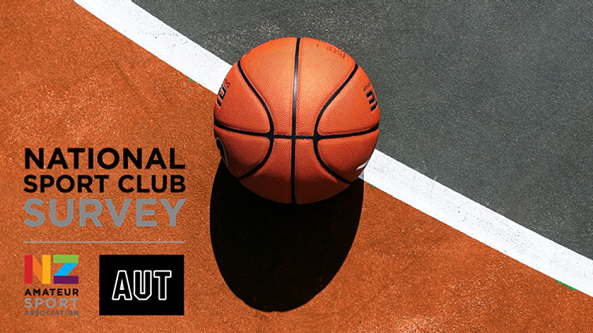
This is the fourth year of the survey which was first developed in 2018 to generate insights that can be used to improve sport for all New Zealanders. In particular, the purpose of the survey is to learn more about the current state of amateur sport clubs in New Zealand.
More details concerning the 2021 survey will be made available in the coming weeks. If your club is not already on the survey database, please click here to provide your club's details.
2021/2022 Membership Invoices Are Now Payable ...
Members will have recently received their invoice for Association membership for the 2021/2022 financial year. As the Association receives no taxpayer funded support from Government, it is totally reliant on the financial support of its members, sponsors and community benefactors to support the development and delivery of its strategic focus on amateur advocacy, thought leadership and community engagement.

Thank you for your ongoing support of the Association!
From The Archives ...
HARRY SIEDEBERG DEAD
EVENING STAR, ISSUE 25489, 21 MAY 1945, PAGE 4
“Mr Henry George Siedeberg, whose death occurred suddenly this morning at the age of 67 years, had a remarkably fine record in sport - a record of versatility and prowess in games which had probably not been surpassed by any other sportsman in New Zealand. Cricket, rugby, soccer, hockey, billiards, gymnastics, and bowling were among the games which he played, and in most of them he was in the first flight of performers.
It is probably in cricket that he is best remembered. A fine batsman, he was a member of the Carisbrook Club, and represented Otago for many years, and in 1905 and 1910 was a member, of the New Zealand eleven that played Australia. He was no mean bowler on the cricket pitch, too and a very smart fieldsman. For a season he played rugby with the first fifteen of the Dunedin Football Club and gave promise of achieving distinction in that game. However, he turned to soccer and hockey, and in both of those games gained representative honours. He was also a very fine billiards player, and on four occasions won the New Zealand amateur billiards championship.
When he had finished with the more strenuous sports Harry Siedeberg took up bowling, and here again his thoroughness and patience in mastering the technique of games brought him to the forefront, for in 1926 he was a member of the New Zealand champion four.”
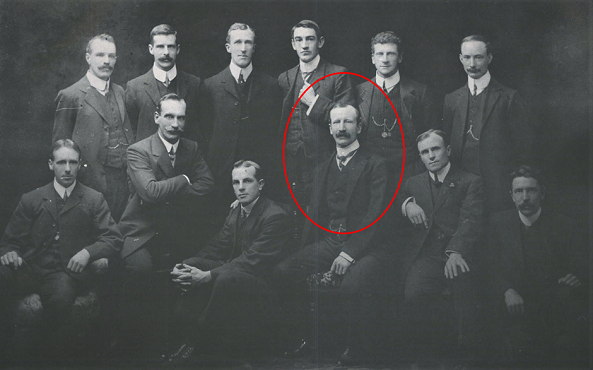
(Harry Siedeberg as a member of the Carisbrook Cricket Club)
Henry George (also known as “Harry” and “Siede”) Siedeberg was born in 1877, the youngest son of Franz and Anna Seideberg. Franz was a miner on the Dunstan Goldfield in the early 1860’s and the first to introduce the river spoon-dredge to extract the precious mineral. The family subsequently moved to Dunedin where they lived at York Place. Harry attended Otago Boys High School where he set the long jump record for boys under 5 feet 4 inches tall, with a leap of 15 feet, 9 inches. Famously, his older sister Emily was the first woman to graduate from Otago School of Medicine, becoming New Zealand’s first female doctor, in 1896.
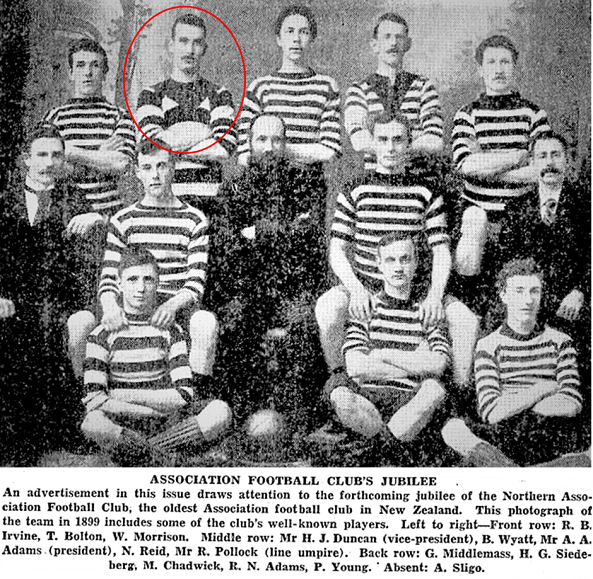
Formerly Captain of the Northern Association Football Club, in 1903 Harry took up the sport of Rugby Union, joining the Dunedin Club that year. By 1921, Harry’s cricket prowess was so well established that he held the Otago record for the aggregate of runs scored in first-class cricket, a total of 2,017. In the 1930’s he became President of the New Zealand Billiards Control Association. In his working career, Siedeberg was the Branch Manager of the Queensland Insurance Company in Bond Street, Dunedin. He married Florence McConnochie in 1911, with whom he had a son (who tragically died at the age of four months) and daughter. Following Harry’s death in 1945, Florence left Dunedin and emigrated to Australia.
The Final Word ...
“History has a habit of repeating itself, and it may be safely predicted that if professionalism is permitted to oust amateurism in the control and conduct of any sport, the sport will go to an early and unhonoured grave.”
(Northern Advocate, 6 November 1945)